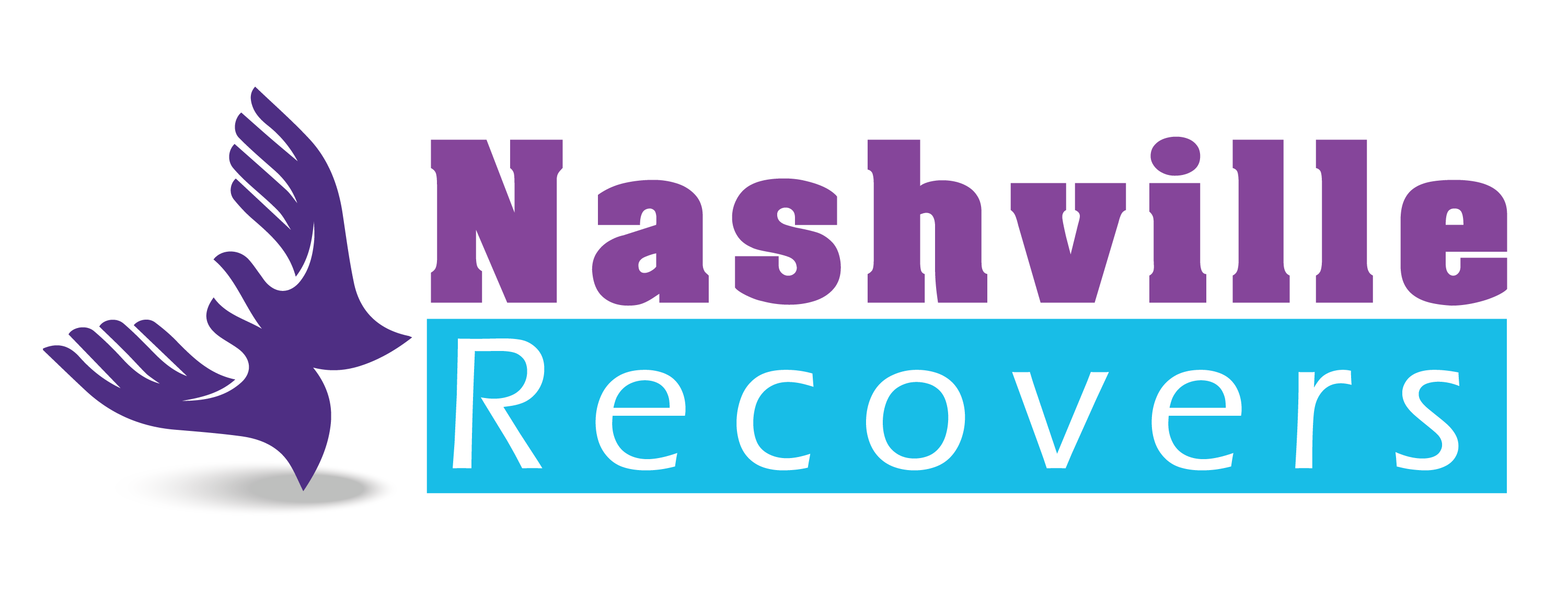Her share was breathtaking. As in, it actually took my breath away.
I was at a training on eating disorders, and the facilitator asked us trainees – mostly recovery and health care professionals — a random question as an ice breaker : What thoughts did you have this morning as you drove here?
A few of us joked about the traffic or how hard it was to find the hotel where the training was. And then, one woman shared something different:
“I’ve been dating this guy for a while, and we’ve been spending most nights together. And here lately, for the last week or so, I wake every morning next to him, and I look at him, and I think to myself, ‘I love this man so much. I really really love him.’
“But I’ve never told him that.”
Whoa. Wow!
Isn’t that so intense, so personal, so very revealing? So transparent and vulnerable?
It rocked me, and not just because of her beautiful feelings for her man, and the sadness over her inability to express it.
Here was this woman sharing the most intimate secret of her personal life with a bunch of virtual strangers. And it was at 9 in the morning, the smell of coffee and lukewarm breakfast sandwiches in the air of a chain hotel conference room in Brentwood.
When I used to share stuff like that, it was in a smoky bar at 2 a.m., words slurred and tears flowing.
That’s not the first time I’ve heard unbelievably personal disclosures from people in and around recovery at meetings. In fact, I hear them all the time.
 It’s almost “normal” – whatever that is – for people in recovery to share all sorts of really intense stuff: My uncle sexually assaulted me when I was a kid; my dad used to beat me; my second grade teacher called me fat and lazy; I feel unlovable and worthless; I cut myself again last night.
It’s almost “normal” – whatever that is – for people in recovery to share all sorts of really intense stuff: My uncle sexually assaulted me when I was a kid; my dad used to beat me; my second grade teacher called me fat and lazy; I feel unlovable and worthless; I cut myself again last night.
In my early recovery, these were jarring revelations. Some recovering addicts are uncomfortable with that kind of vulnerability no matter how much time they have clean and sober. I know a guy who literally leaves the room when super-painful stuff is being shared.
And I get that. It’s just so raw and painful that sometimes, it’s overwhelming. And, God forbid, it reminds me that I have had some trauma in the past that I’d rather not remember.
But here’s what I’ve come to learn since (and here comes a recovery cliché): Pain shared is pain lessened.
And I learned that in a very personal way.
In one of my first small group meetings in rehab, the guy next to me was sharing that his mom died of cancer when he was nine years old.
“Hold on,” the counseling said gently, holding up his hand.
“Now, Brad, your father died from cancer when you were just eight, right? I want you and Michael to get together and talk about what those losses were like for you. And then, I want you to come back to the group and report on that conversation.”
“NO!” I shouted.
Everyone jumped.
“I mean,” I said, my face turning red, “that’s f..kin’ personal, isn’t it??!”
There was a moment of silence before most of the guys started laughing softly.
“Dude,” one said, “that’s the point.”
Wait a minute. I came to rehab, and yeah, maybe I’ll quit drinking.
But getting into this painful childhood stuff? What the hell does that have to do with anything? Why are we ripping bandages off of really old wounds?
Well, because that’s how those wounds start to heal.
The next day, Michael and I talked about losing our parents when we were just boys. And I sobbed and sobbed the entire way through it, even when Michael was talking.
But the more times I talk about my dad dying when I was a boy, the less painful it is. I used to tear up and choke up every time my father might come up in conversation. Today, I can talk about it without doing either. Usually.
Pain shared is pain lessened.
So bravo to my fellow recovering alcoholics and addicts who share about personal pain in meetings. It’s really brave.
And more important, when you share that stuff, that makes it more comfortable and safe for me to share my painful stuff.
And then, real healing begins.

Recent Comments